|
Albinism Home is a public service platform designed to help and support albinos and their families living in China. The organization's main goal is to improve living standards and promote equal participation in society for albinos. Abinism Children's Home is in Xi’an, Shanxi province. With half year of planning, workshop on medical aid for albinism children in Henan was held from Nov. 21 to 22.
The activity was hosted by Albinism Home. Organizations as media, Rare Diseases Development Center, Handicap International, etc. gave great support to the activity. One behalf of the children, we would like to express our gratefulness. The activity was made up by experts lectures, sharing by the children and their parents and performances. The activity lasted 2 days with about 100 participants. Professors working on genetic diseases and ophthalmology were invited to give lectures. In the afternoon of 21st, teacher Guan who is from Albinism Home explained albino and its rehabilitation knowledge. Professor Bai then did psychological counseling. In the evening, we held party and the children gave wonderful performances. In the morning of 22nd, doctor from First Affiliated Hospital of Zhengzhou University gave lecture on genetic albino and prenatal diagnose. Professor Wu who is from 4th Affiliated Hospital gave lecture on eyesight protection. In the afternoon, personal sharing was done. We are the same as normal people, though we have less population. We also shine when we have capability. For 2 days, we not only met our old friends, but got to know new friends. The end of the workshop did not mean the end of work in Henan. We learned from each practice and accumulate experiences. We believe all albinism children will be better. Thank again to those who supported the activity and all participants for the successful activity in Henan. Original Article Written by Rui Shu, translated by Maggie Li, edited by Yanyan Zhang 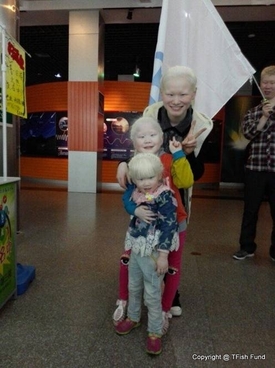 Albinism Children’s Home is a public service platform designed to help and support albinos and their families living in China. The organization's main goal is to improve living standards and promote equal participation in society for albinos. Abinism Children's Home is in Xi’an, Shanxi province. May 9 to 10, the moon children's home Henan station was formally established. Eventually, Henan moon children's home had its own official name, and found their own organization. At 9 am, children with Albinism from all over the Henan province came to attend the celebration party. It made all children with Albinism not feel alone and met with new friends . Lunch time was the sharing session. The most impressive moment was Lu Guan's sharing. Growing up as a children with Albinism, he first told us about Albinism relevant knowledge, and taught us methods of prevent and treatment. Then he told us in detail of resources and rights available to us. Thirdly, he encouraged us to go into society. During these sharing, we were particularly impressed by the topic of Albinism Patient's eye and vision care. May 10, it was session about Albinism Patient Social Integration. Due to the rain, the original trip to Zhengzhou Botanical Garden was changed, and we visited Zhengzhou Science and Technology Museum instead. We took bus together. At the Museum, we studied science, played interactive games and so on. This visit gave us fully understood and made our friendship deeper. During these two days, we got a chance to communicate with each other, shared mutual understanding and life experience. Children with Albinism have no difference and we have determination to own a better life. Original Article Written by Lu Guan, translated and edited by Yanyan Zhang 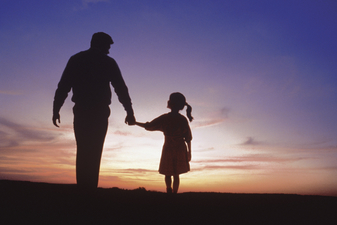 Albinism Children’s Home is a public service platform designed to help and support albinos and their families living in China. The organization's main goal is to improve living standards and promote equal participation in society for albinos. Abinism Children's Home is in Xi’an, Shanxi province. I have been thinking of writing a story about father, but I am afraid I am not able to describe the unusual life of an ordinary father. After participating the activity themed on thank father, I would like to share a story of my father. My father was born in 1950 in a poor peasant family. My father is the second child of 7 siblings. My father did not have the opportunity to be educated. He had to help to do field work when he was quite young. The family was poor, so it’s difficult for my father and 3 of his brothers to get married. My father married my mother, one of the family’s relatives, after being made match by his parents. My parents love each other, but relative marriage buried a hidden trouble. My older sister and I have disabilities. I am an albinism and my sister suffers from skin diseases. My father took us to many hospitals for treatment, but we had never been treated thoroughly. My father kept working hard to found treatment for us, but the results were always disappointing. There hasn’t had treatment for albinism so far in the world. The hospitals could not give any confirmed result for my sister problem. She lost her hearing when she was 13 and her intelligence had stopped in her 13. When she was married and gave birth to a baby, she could not walk due to the increasing weights. All the troubles come from relative marriage. 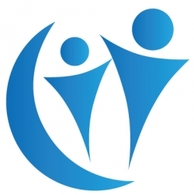 Albinism Home is a public service platform designed to help and support albinos and their families living in China. The organization's main goal is to improve living standards and promote equal participation in society for albinos. Albinism Children's Home is in Xi’an, Shanxi province. Albinism Home is a public service platform established in 2008. The organization aims to improve loving standard and promote equal participation in society for albinos. The organization has been registered as a non-profit organization to care and support albinos and other rare diseases in Xi’an province. Albinism Home implemented jobs on follow aspects. 1) Living assistance—provide allowances for the families with albinism children. 2) Medical aid—provide rehabilitation and assistive devices to the poor families with albinism children. 3) Education support—provide prizes to the children with excellent performance at school. 4) Psychological care by means of internet and hotlines, providing counseling. 5) Consulting support—provide rehabilitation or referring information. 6) Workshops for the patients and the families. 7) Popularizing and advocacy—carry out activities to promote awareness in the public. |
TFISH FUND BLOGWe update news and reports directly from the field written by our NGO partners daily. Top PostsPHOTOS & VIDEOSIN THE NEWSCategories
All
Archives
August 2017
|
|
© Copyright 2011. All rights reserved.
171 Main St. #658 , Los Altos, CA 94022 | [email protected] | 501(c)(3) Tax ID: 45-2885139 |

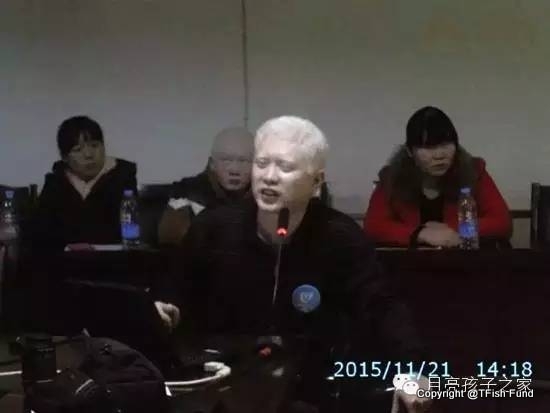
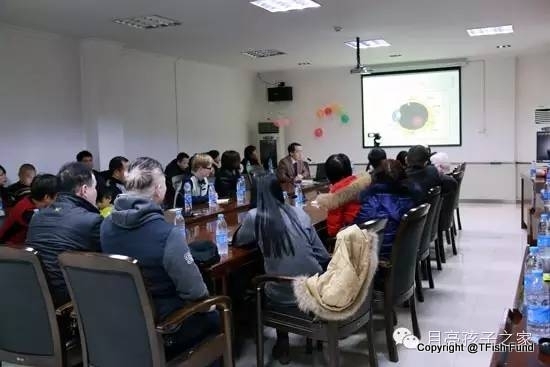
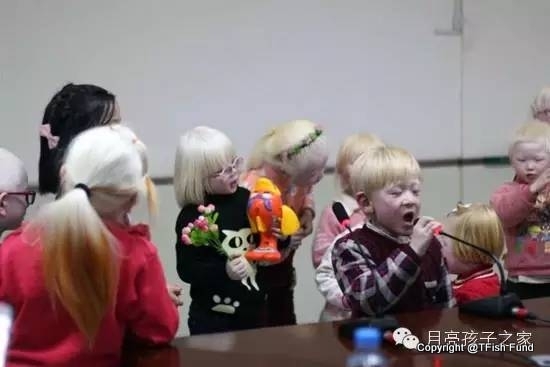
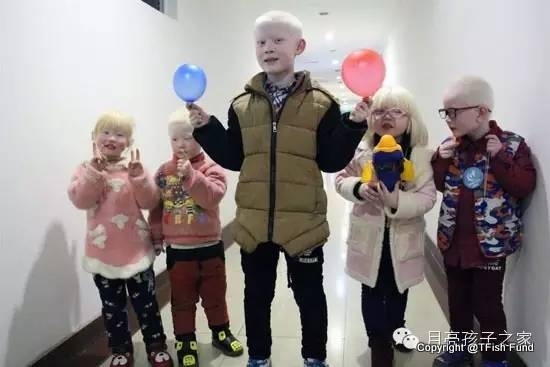
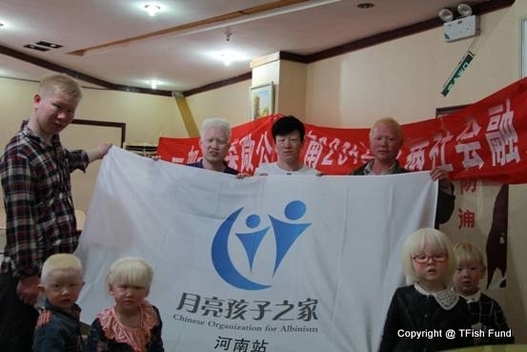

 RSS Feed
RSS Feed